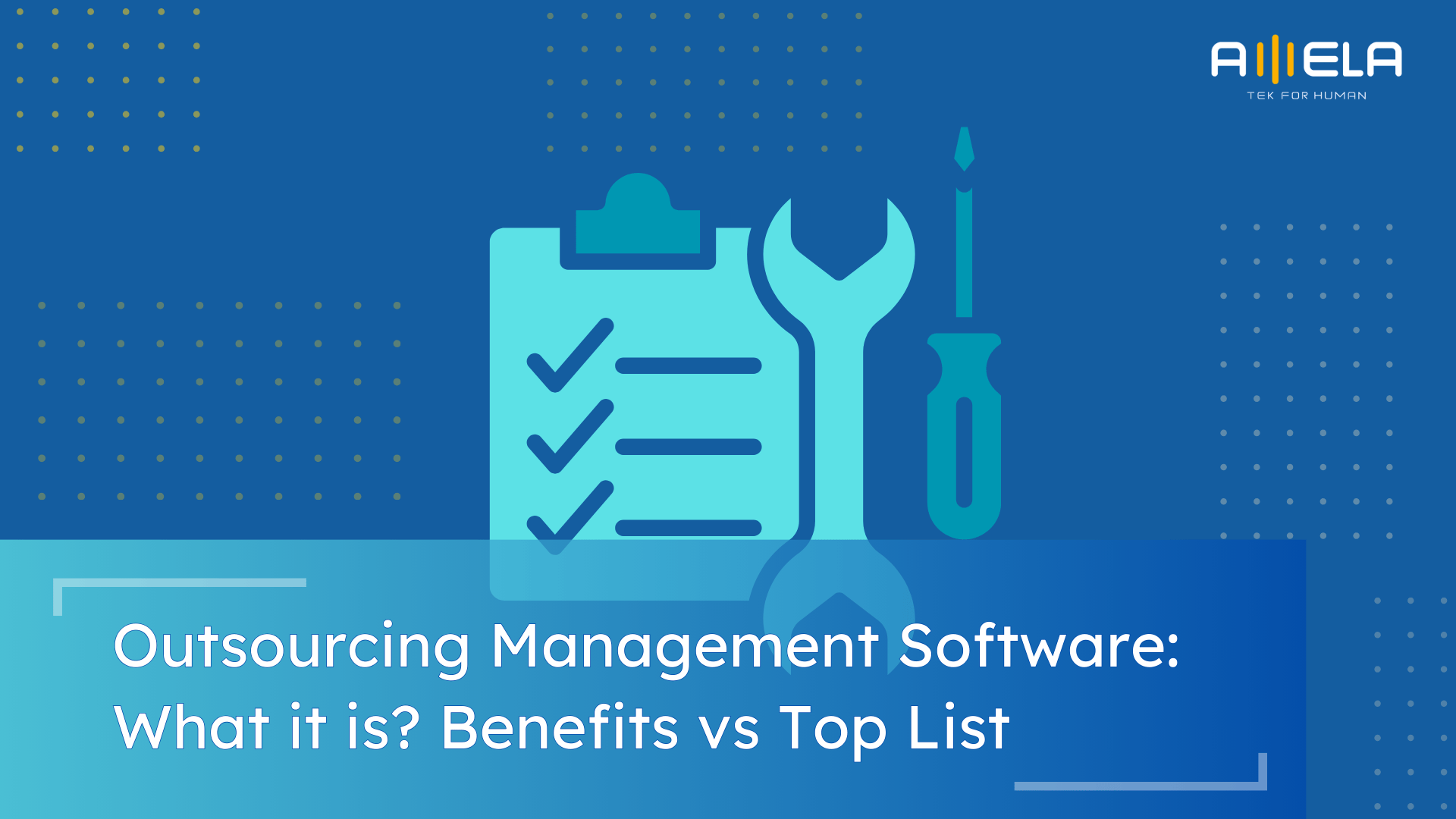Blockchain gaming is no longer a niche experiment — it’s one of the fastest-evolving segments of Web3. According to DappRadar’s 2024 Industry Report, blockchain games accounted for over 35–40% of all blockchain activity and consistently attracted 1.2–1.5 million daily active users across major chains. Meanwhile, a MarketsandMarkets 2024 forecast projects the global blockchain gaming market […]
Companies today are under more pressure than ever to build software faster, cheaper, and with fewer hiring headaches. But the moment they start exploring external development options, they run into the same question: onshore vs offshore — which one fits our real needs? This is where the confusion usually begins. Teams worry about communication gaps, […]
The global EdTech sector is expanding at a pace education has rarely seen before. Recent market analyses from HolonIQ estimate global EdTech spending will reach approximately $404 billion by 2025, fueled by the rapid adoption of digital learning platforms, AI-enabled instruction, and scalable training models across K-12, higher education, and enterprise learning environments. At the […]
The global demand for affordable, high-quality engineering talent has pushed many companies toward IT outsourcing in Vietnam, one of Asia’s fastest-growing tech hubs. With a rapidly expanding developer workforce, modern tech-stack capabilities, and competitive pricing, Vietnam has become a strategic destination for startups and enterprises looking to scale efficiently. This guide breaks down the market […]
Java for mobile app development has been around long enough to prove one thing — reliability never goes out of style. While new languages and frameworks come and go, Java continues to power millions of Android and enterprise apps worldwide. Its strong performance, vast library ecosystem, and compatibility with emerging frameworks make it a trusted […]
Every mobile app team hits the same wall at some point — tight deadlines, limited resources, and the constant pressure to ship fast without breaking things. That’s where Ruby for mobile app development quietly earns its place. Ruby isn’t the newest or flashiest language out there, but it’s one of the most dependable. It helps […]
Blockchain has evolved far beyond its early crypto roots, but widespread adoption still faces major hurdles. The biggest challenges in blockchain technology come from real-world constraints — legacy integrations, privacy regulations, governance issues, and technical limitations that don’t magically disappear just because a system is decentralized. Across industries like healthcare, IoT, finance, and supply chain, […]
The global outsourcing market isn’t slowing down — in fact, Deloitte reports it will surpass $700 billion by 2025, with IT services leading the charge. Behind this growth is a shift in how companies outsource. It’s no longer just about cost-saving — it’s about choosing the right IT outsourcing model that matches your business strategy, […]
In a world where users expect seamless performance across devices, traditional native builds often feel too slow, too expensive, and too rigid. That’s why hybrid application development companies have taken center stage. According to Statista (2024), over 45% of global mobile developers now work with hybrid or cross-platform frameworks — a number that’s only climbing […]
Singapore has rapidly evolved into one of Asia’s leading data-driven economies — and big data sits at the center of that transformation. Supported by initiatives like Smart Nation, Singapore has made data intelligence a key pillar of national competitiveness. Businesses across finance, healthcare, logistics, and retail are investing heavily in AI, predictive analytics, and data […]













